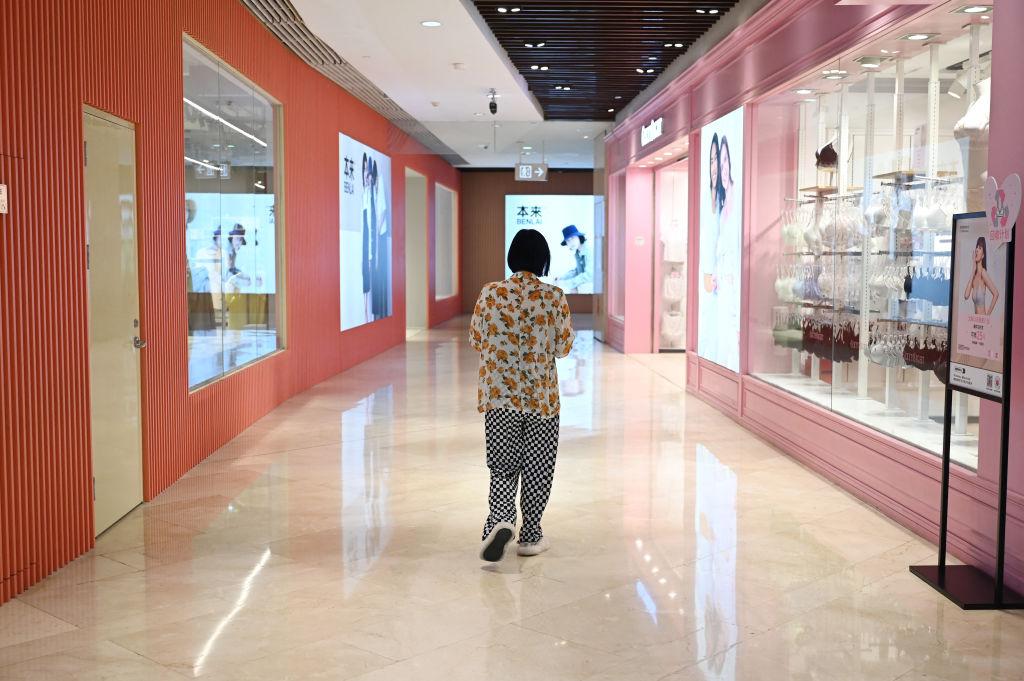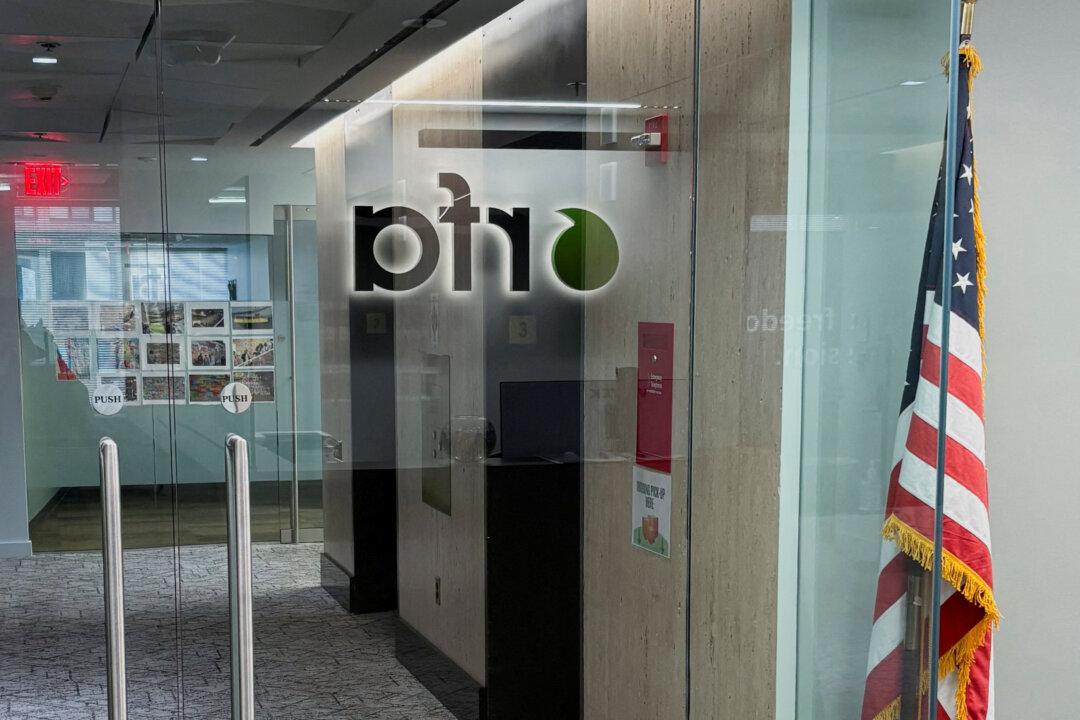Commentary
In the United States, big media critiques on technology companies happen every day. In a country that values freedom of speech, this dissent is encouraged. Under an autocratic, communist regime like the Chinese Communist Party (CCP), public dissent between media and technology giants is rare and indicates something much more significant.





